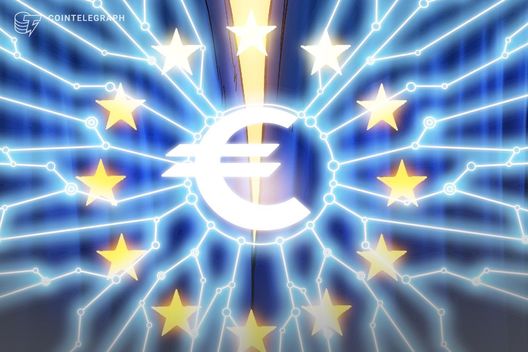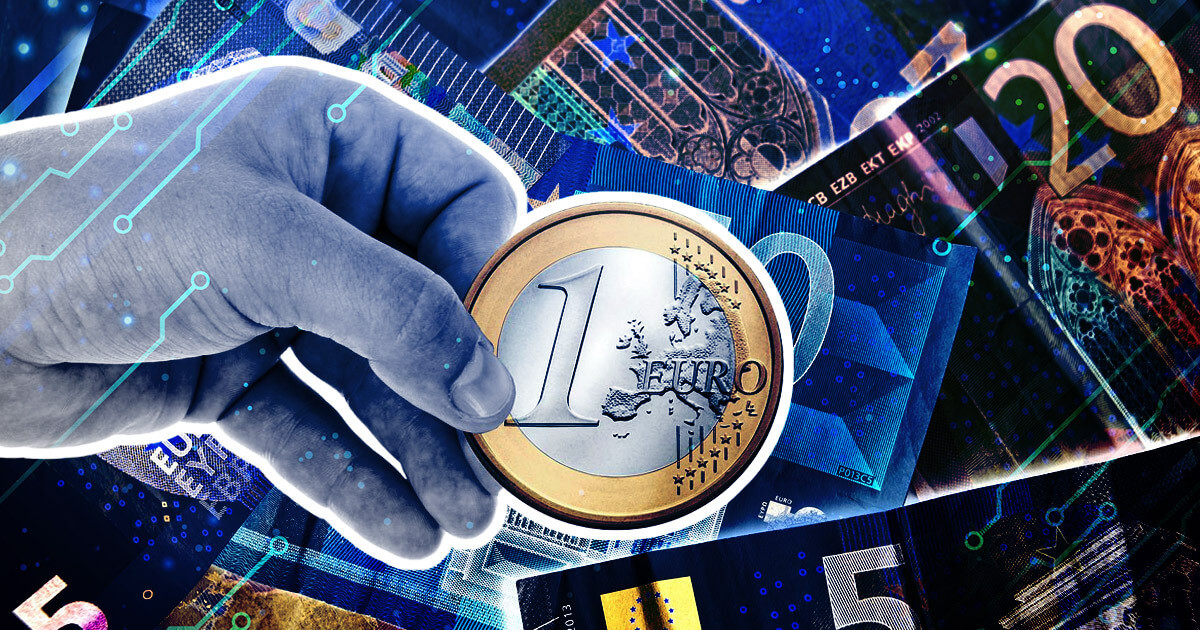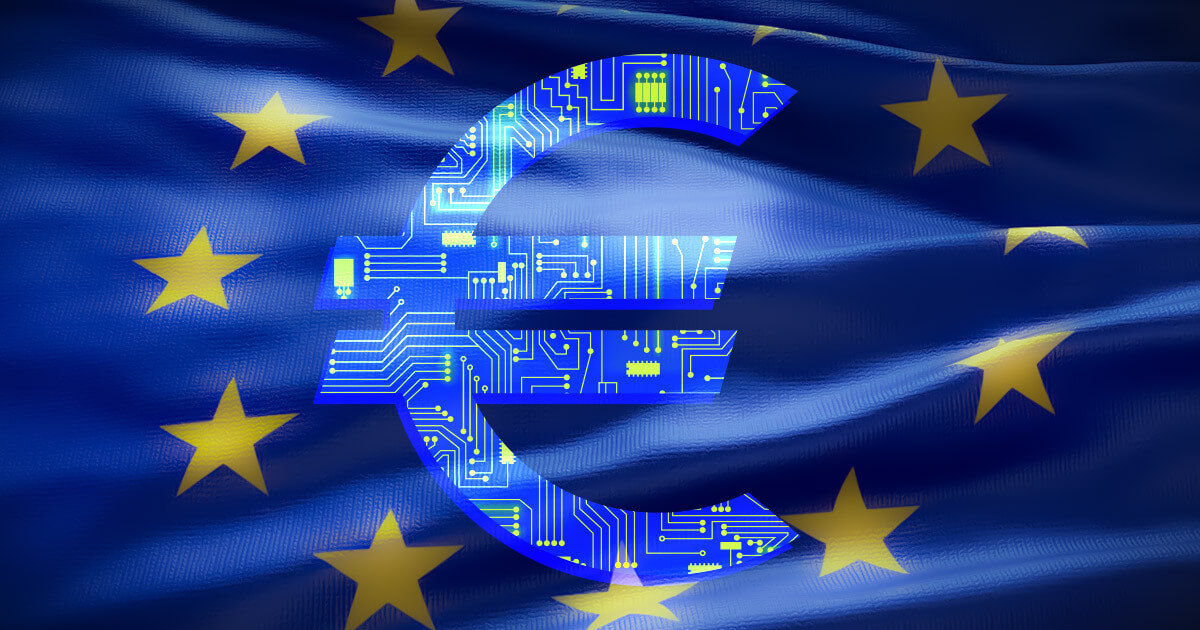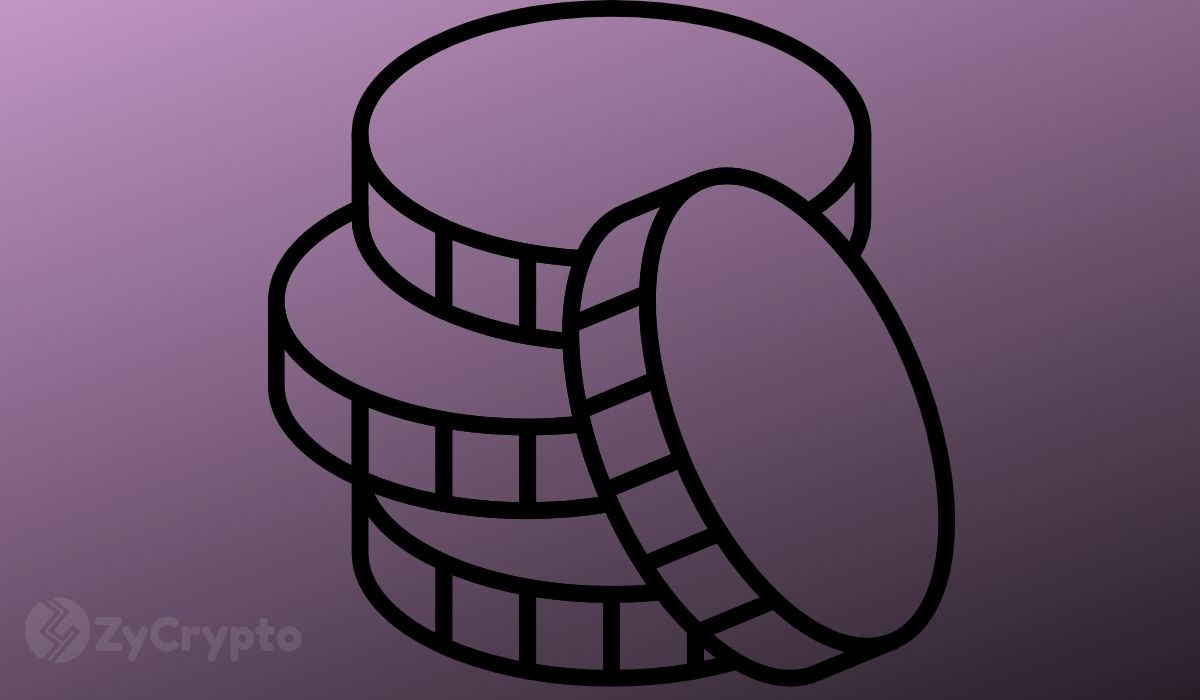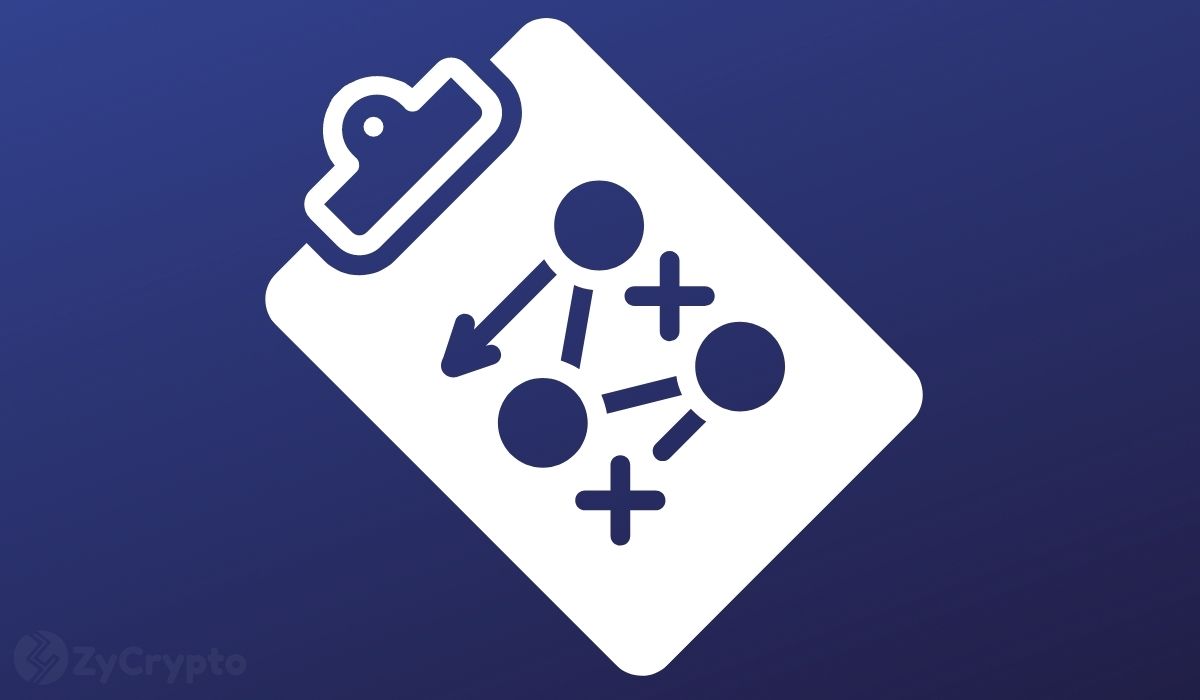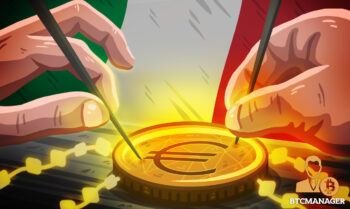2020-6-22 18:52 |
Italian Banks are ready to participate in the launch of a digital Euro according to an announcement last week by the country's banking association (ABI). This body made up of over 700 banks said in a statement that it would be willing to speed up the roll-out of an ECB backed digital currency. Talks in the CBDC space have recently made headlines in crypto as advanced economies like France take into consideration these digital assets.
Notably, ABI was previously involved in the digital currency industry has launched a research group to look further into the assets last year. Also, an inter-bank settlement DLT initiative dubbed ‘Spunta‘ is already running in a bid to increase efficiency amongst ABI members. The ABI quoted this milestone as one of the consideration factors in their contribution towards a digital Euro.
Following the progress, Italian banks are of the view that digital currencies propose a significant value addition to the existing market infrastructure. The announcement says,
“A programmable digital currency represents an innovation in the financial field, capable of profoundly revolutionizing money and exchange. This is a transformation capable of bringing significant potential added value, particularly in terms of the efficiency of the operating and management processes.”
EU Regulations Should Be the StandardWhile the ABI acknowledges an underlying value n digital assets, the association was keen to highlight that the EU's monetary policy framework should take the forefront in any decision attributed to this space.
“Monetary stability and full compliance with the European regulatory framework must be preserved as a matter of priority.”
According to the ABI, such an approach ensures that the regulator and banking entities can maintain public trust.
Apart from Italy, the digital Euro has support from France and the Netherlands. Germany has also signaled that a programmable digital Euro would be a good idea despite FUD sentiments by the president of the Deutsche Bundesbank, Jens Weidmann, back in 2019.
origin »Bitcoin price in Telegram @btc_price_every_hour
Digital Rupees (DRS) на Currencies.ru
|
|
